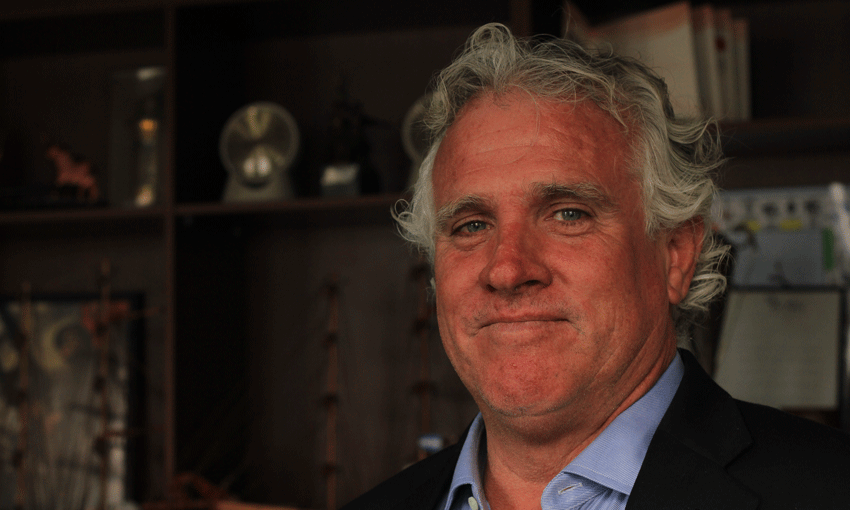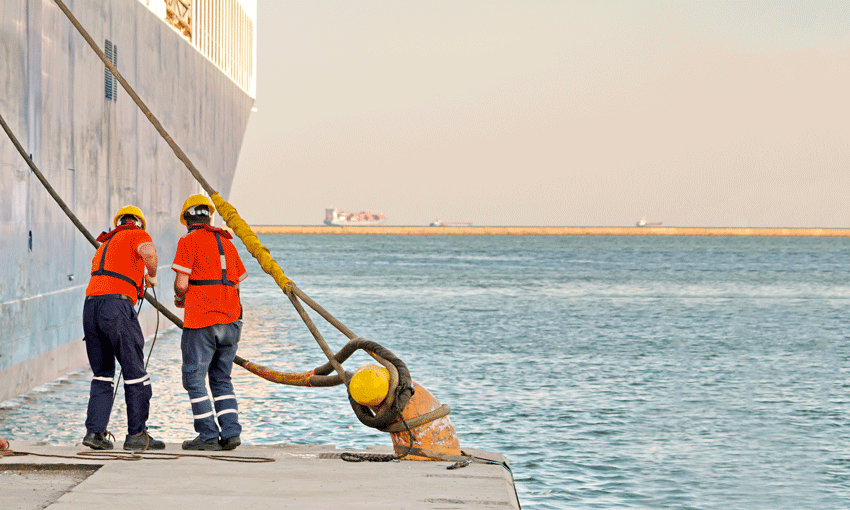SEAFARERS around the world have been urged to down tools and exercise their rights to return home as an extended deadline of June 15 to resolve the repatriation issue passes.
The June 15 deadline was to allow governments more time to provide a way for seafarers worldwide to be returned home without breaching COVID-19 travel restrictions.
These restrictions have left hundreds of thousands of mariners left in an unhappy limbo, being unable to return to their families once their contracts have expired.
The International Transport Workers’ Federation issued a statement saying it and its affiliates would now help seafarers exercise their right to stop working, leave ships, and return home.
ITF Seafarers’ section chair Dave Heindel said governments had taken insufficient action to designate seafarers as ‘key workers’ and exempt them from COVID-19 travel restrictions.
“We are sending a very strong message to seafarers: you have selflessly extended and extended your contracts to do your part to keep critical supplies flowing around the world during this pandemic,” Mr Heindel said
“Some seafarers have been on-board for more than a year, and over the course of this pandemic many have been prevented by governments from coming ashore even for a walk and alarmingly refused emergency medical care,” he said.
“This situation is intolerable to the ITF family.”

ITF president and Dockers’ section chair Paddy Crumlin talked off an “unfolding humanitarian crisis”.
“But enough is enough. We have to draw a line in the sand and [June 15] is the day that we make it crystal clear to governments, that from June 16, seafarers are going to start enforcing their right to stop working and to return home,” Mr Crumlin said.
ITF general secretary Steve Cotton said all governments needed to do was make practical exceptions to coronavirus restrictions, and allow these key workers to transit through their territories and return to their families.
“We fully expect port state authorities in all countries where ships dock to honour their obligations under the Maritime Labour Convention to get these seafarers safely home,” Mr Cotton said.
“If getting seafarers off these ships causes chaos in supply chains, if ports back up from Singapore to San Francisco, and if this causes ship insurance providers to pull their coverage and global trade to grind to a halt; then that is on the heads of politicians, not the world’s seafarers,” he said.
“Seafarers have done our part in this pandemic, and plenty more. Enough is enough.”
Maritime Industry Australia CEO Teresa Lloyd said governments around the world should be concerned.
“Shipowners have been doing everything they can to resolve the issue of the inability to conduct crew changes. It is impossible for the world to go on ignoring the situation seafarers and shipowners are currently in,” Ms Lloyd said.
“Swings have been extended, ships are sailing short, crews are fed up and de-motivated, suicides are rising… all because governments around the world cannot find ways to manage the risks associated with this group of essential workers travelling.”
Ms Lloyd said nations had been ignoring the very conventions to which they had signed.
“Port state control inspections will happen in Australia and action should be being taken where seafarer employment agreements have expired,” she said.

“And Australia should be upholding the obligations this nation has to repatriate those seafarers.
“This could leave ships stuck in ports with insufficient crew to sail. No one wants to see this happen and both MIAL and Shipping Australia have done everything we could to avert this outcome by having Australian states understand the importance of facilitating crew changes.
“And we mean facilitating them in practice not just in theory – when the barriers are high and the circumstances too opaque, that is not facilitation.”
Ms Lloyd said MIAL was “beyond frustrated” at the situation.
“We hope meaningful change to allow crew changes is the result,” she said. “Unfortunately, even if that does happen it would likely be too late – the system has just reached breaking point.”
View of the regulator
In response to an enquiry from Daily Cargo News, AMSA issued the following statement:
The Australian Government, through AMSA, enforces the rights of seafarers to decent living and working conditions under the Maritime Labour Convention. That includes the right of the seafarer to choose not to extend their contracts and to seek repatriation.
There are significant challenges to crew changes in the COVID-19 environment resulting from border closures, the lack of aviation services and quarantine arrangements.
On 9 April, the National Cabinet agreed that the Australian Government and all states and territories would implement a consistent and immediate exemption for non-cruise maritime crew for the safe movement of crew into Australia and across borders. The exemption allows for international crew changes with appropriate health protocols being met. Shore leave is permitted once the 14 day quarantine period on the vessel has elapsed and no crewmember has demonstrated signs of illness or is suspected of having COVID-19. Some States and territories have additional requirements.
The Australian Government is working with the states and territories regarding their individual jurisdictional requirements with the desired outcome of more specific advice on how crew changes can occur effectively in Australia.

